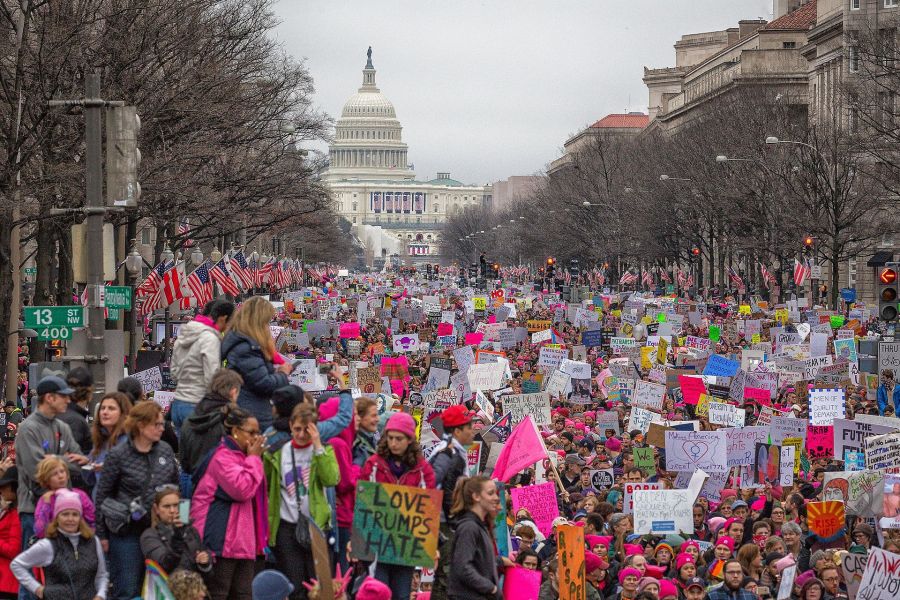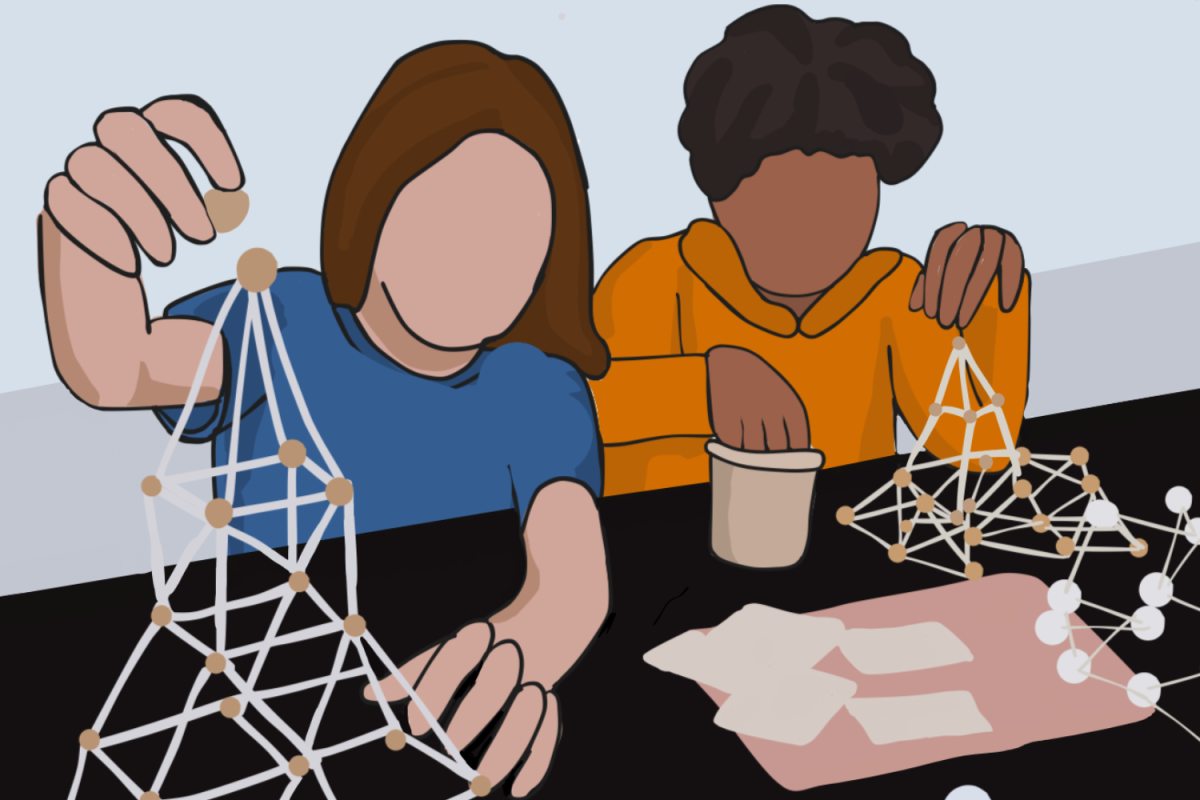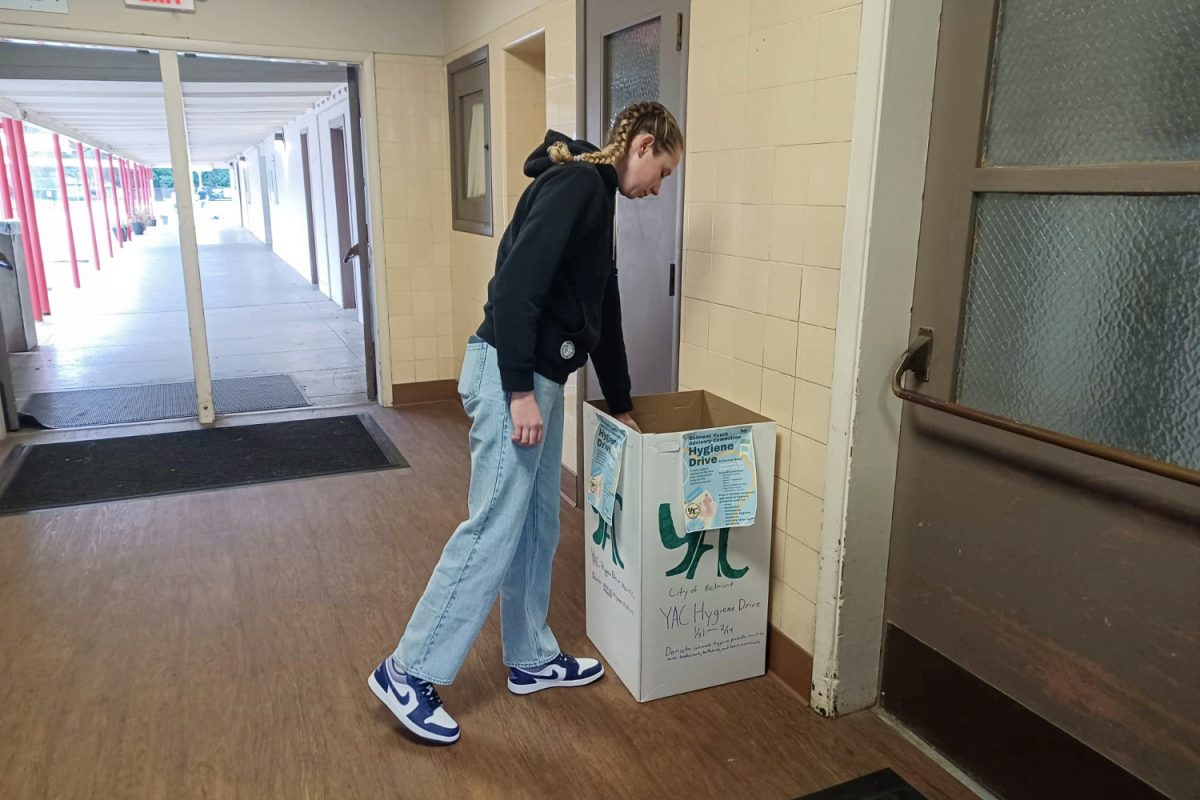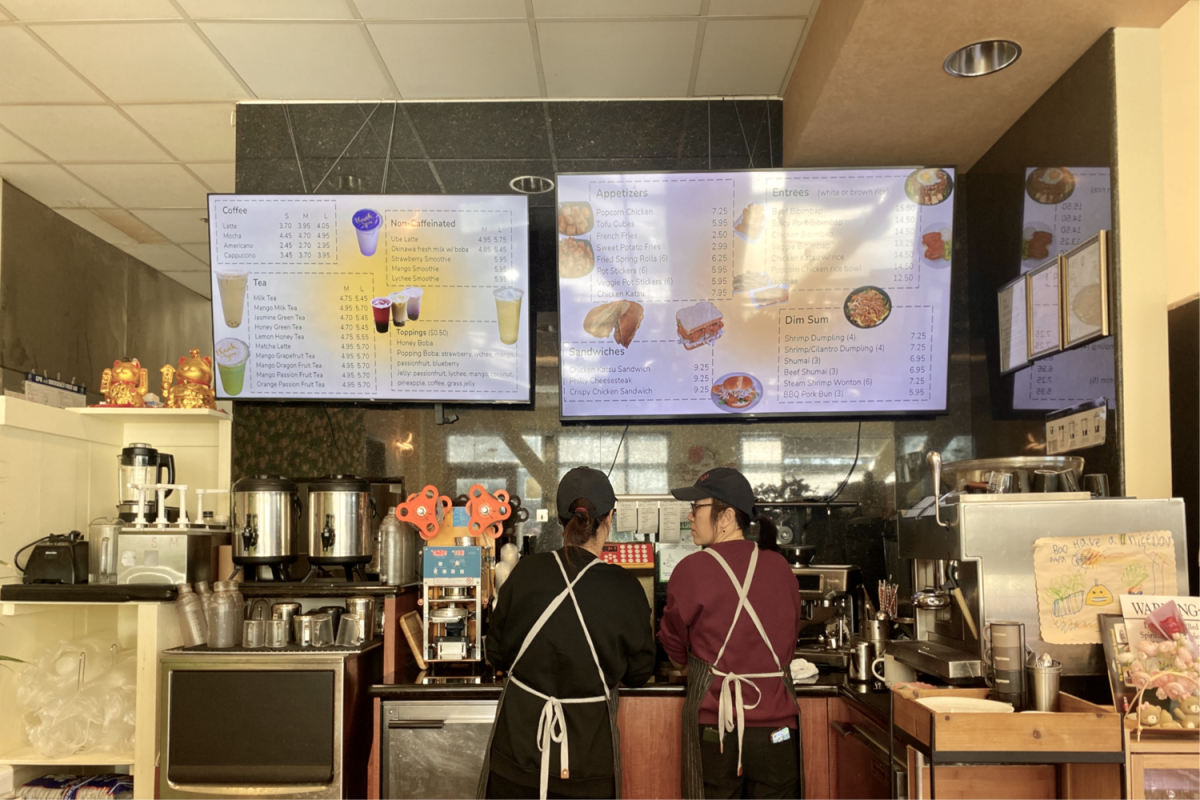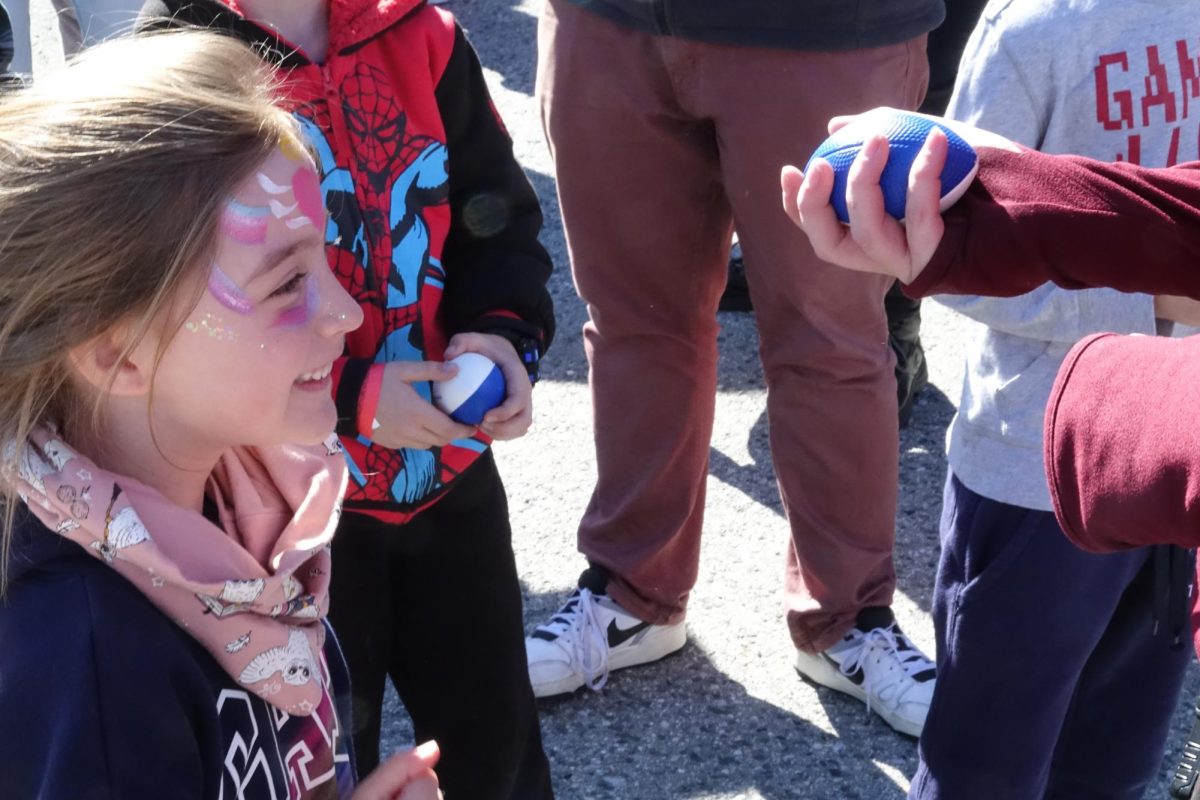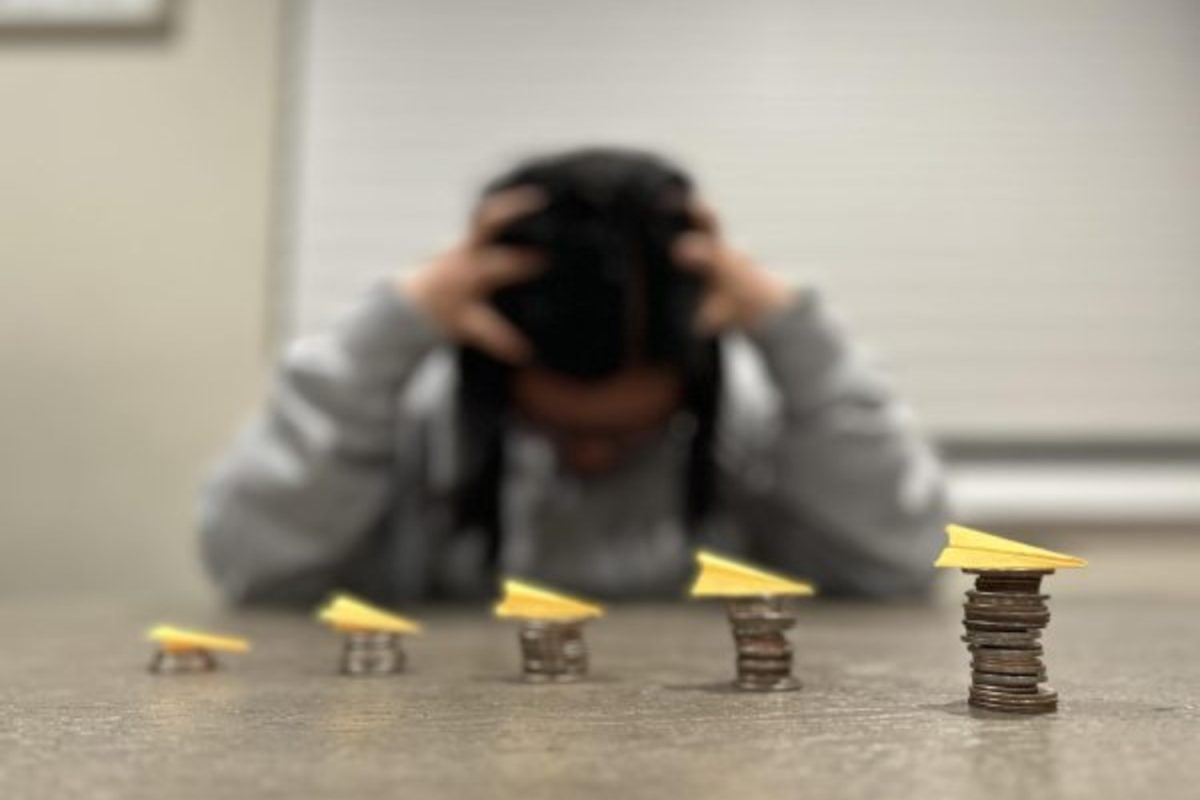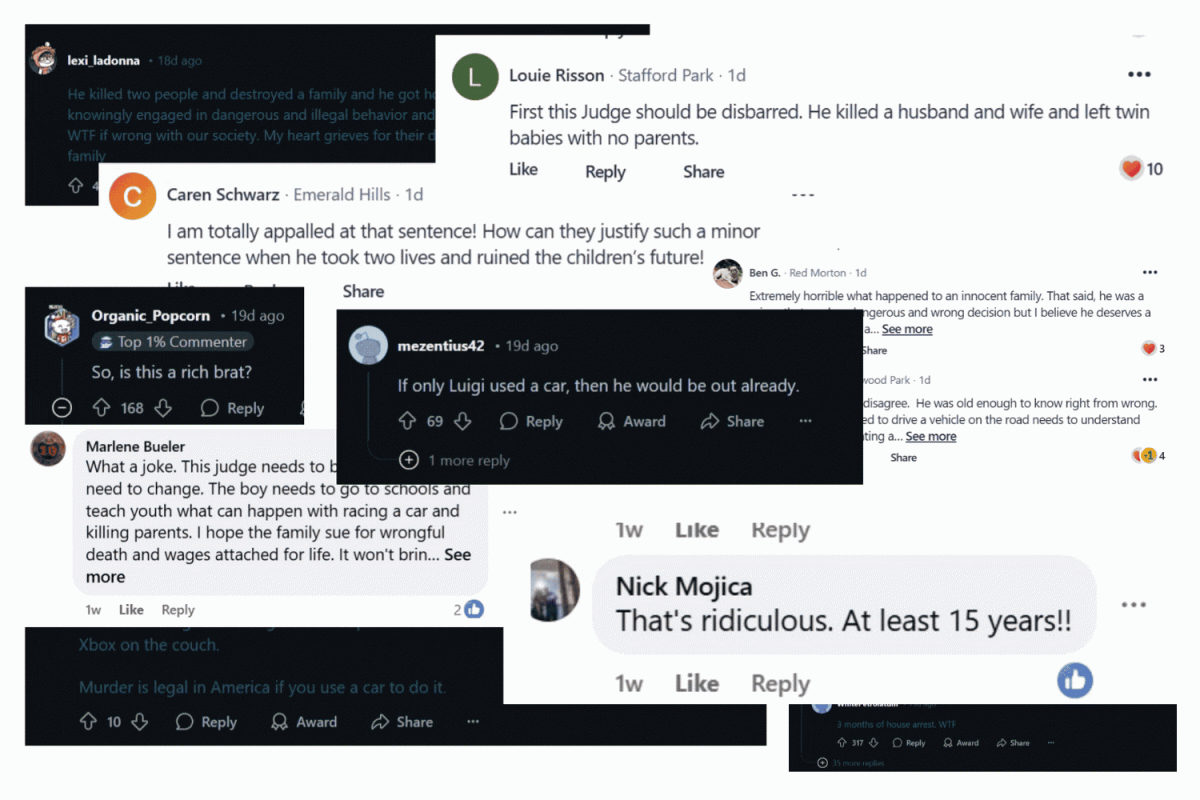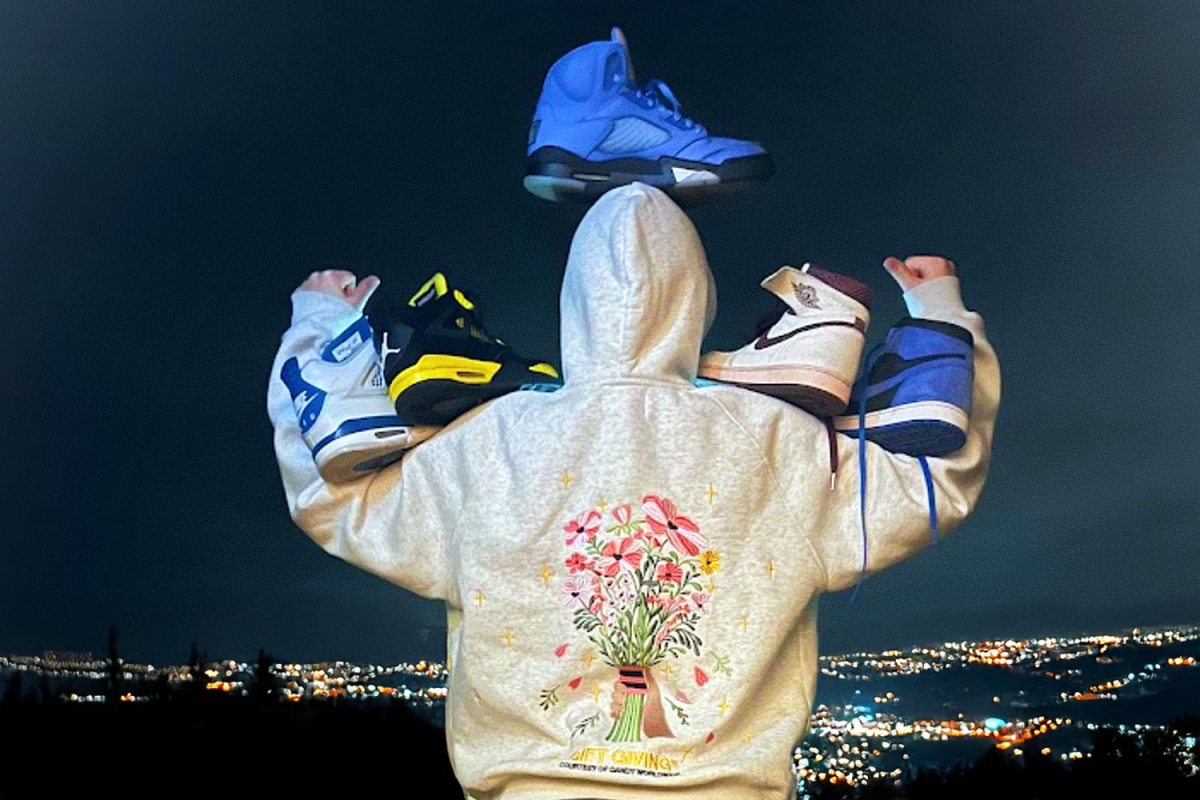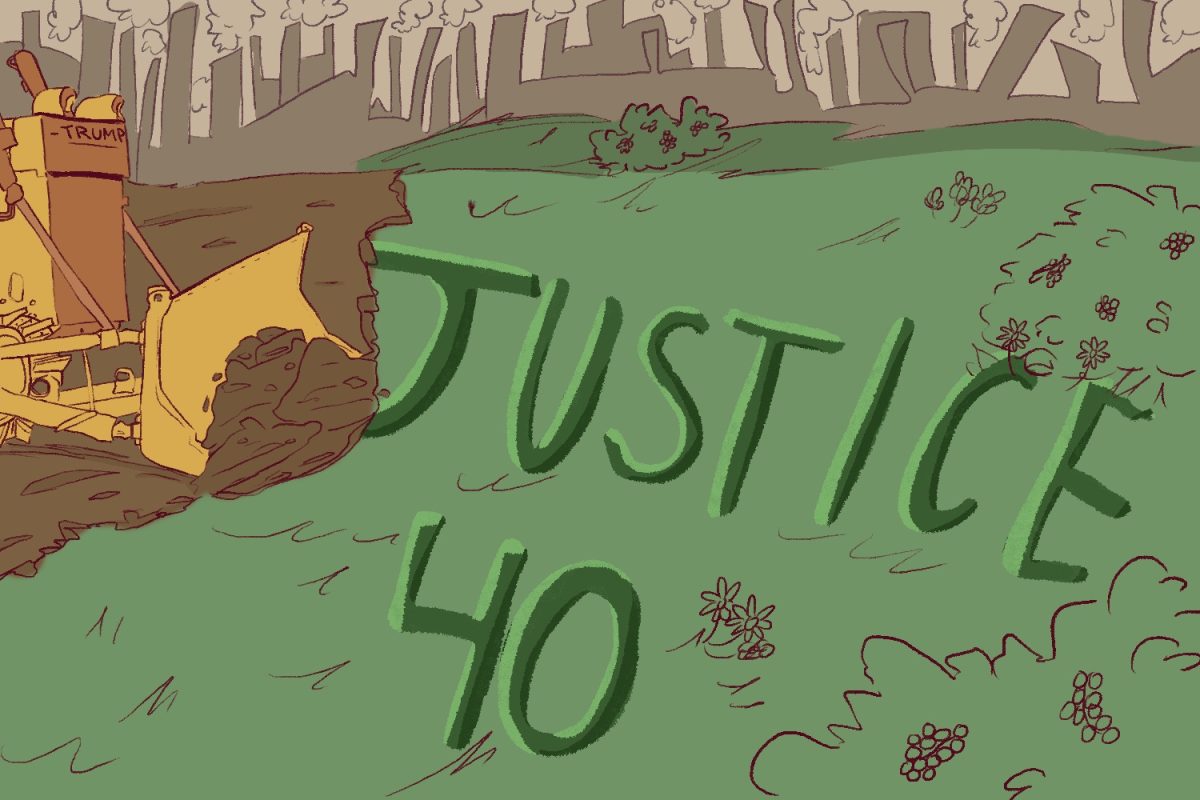Oppression is something that women have been facing for centuries, and because of things like Women’s History Month, more awareness can spread about these issues and the historical discrimination women have endured.
Women’s History Month dates back to 1981 when, with Congress’ approval, women’s history week was created and eventually developed into an entire month of celebration. It was created to celebrate and acknowledge women who had made significant contributions to the country, and it has since grown to bring awareness to important issues such as gender inequality.
“I think it’s always good to have a day or month where we look at the progress that society has had in terms of all these big groups that were mistreated before,” said Francesca Brocchieri, a sophomore.
This year, the entire month brought awareness to sexual assault and various cases, amongst other vital subjects.
According to the World Health Organization, one in three women will experience physical or sexual violence at some point in their lives; this is around 736 million women. Differences in the distribution of power and defined gender roles and identity are considered root causes of oppressive incidents against women.
“We don’t believe women when they talk about sexual violence or assault, and we think of all sorts of excuses why. Like ‘that isn’t happening, or you’re making it up, or you’re just, you know, misconstruing a situation,’” said Lorraine Holmes. “We give a lot of leniency to powerful white men that nobody else in society gets.”
Holmes is a crisis counselor facilitator apart of the Bay Area Women Against Rape organization, created in 1971, and the first rape crisis center in the country. She and the organization help those who have gone through traumatic sexual violence experiences by validating and counseling them through their experiences.
There are several organizations throughout the Bay Area and California that advocate for similar causes, one being Because Justice Matters (BJM). BJM advocates for the treatment of women to change. By addressing injustices that many women experience, like isolation, exploitation, and poverty, they hope to show women their potential success.
“Women have historically not had the same kind of space that men have to use their voices and to speak out,” said Laina Humbles, a volunteer and local partnership coordinator who additionally oversees BJM’s youth creative arts department. “And so I think what we’re doing is to help women realize that they have permission to speak and also to give them creative platforms to do that.”
Even with plenty of advocates for women’s safety and rights, many people tend not to believe women victims or those who have gone through harmful experiences, which can add to the fear women have for specific situations.
Based on a study conducted among 1,007 American women and men, 53.7% of women were scared of being sexually assaulted, with fewer men, 24.2%, also fearing being sexually assaulted. When walking to car parking lots or garages late at night, 63.6% of women and 24.2% of men said they felt unsafe, and when using elevators or stairs at night, 52.6% of women and 17.4% of men said they also felt they were in a dangerous situation.
Holmes, whose friend assaulted her in college, shared her story and also mentioned the effects that sexual misconduct can have on a person.
“I had to drop out of college. It took me eight years to get my bachelor’s degree, which was really difficult. It shows the impact that sexual violence can have on one person’s life,” Holmes said.
The effects of personal experiences and societal disadvantages have put women behind in the workplace for centuries. In a study conducted by the US Department of Labor, women earned 81% of men’s weekly pay and 80% of men’s annual salary in 2018 compared to 62.3% of men’s weekly revenue and 59.7% of men’s yearly salary in 1979. While the gap remains, there have been visible improvements made since the 20th century. Women’s history month celebrates achievements such as those and allows for society’s growth as a whole.
“Women’s History Month can be more than a month. I love that we do have this sacred time set apart to honor what it means to be a woman in the past and today’s society,” Humbles said. “But, also how we can do it for each other, ourselves, and how to celebrate one another.”


